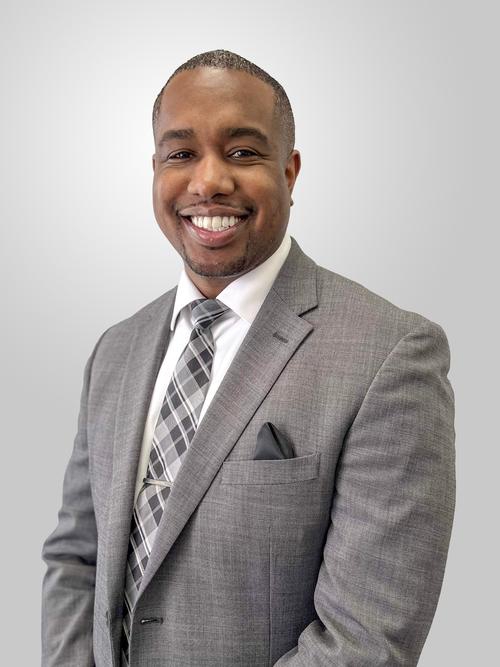You make decisions about your own healthcare almost every day. You decide when you need to see a doctor, what tests you want to have run when you are at the doctor, and what course of treatment you can tolerate and afford. But what happens when you are unable to make those decisions? What if you are unconscious and in need of a treatment or  procedure? What if, God forbid, you are on life support with no chance of recovery? Who decides what to do?
procedure? What if, God forbid, you are on life support with no chance of recovery? Who decides what to do?
In Ohio, if you do not have certain legal documents in place, it could very well be the hospital that decides what happens to you, and your family might have no say in the decision.
One Simple Document Will Change That
A healthcare power of attorney is a legal document in which you name someone—known as your agent—to make healthcare decisions for you when you can’t because of physical or mental incapacitation. Even though it might seem logical that your spouse or adult child would be able to talk to your doctors and make decisions about your care, the law does not support this. If your family disagrees with the decisions being made by the hospital, they might have to ask a judge to name one of them as your guardian in order to overrule the doctor.
This heartbreaking ordeal can be avoided with a simple document. With a healthcare power of attorney, you can:
- Appoint a person you trust to make healthcare decisions on your behalf.
- Authorize the medical facility to release information to your agent.
- Outline your wishes for life-extending efforts in extreme situations.
- Include a declaration of mental health treatment to express your preferences for psychological treatment and medications.
Your healthcare power of attorney goes into effect as soon as you are unable to communicate your wishes, even if your condition is temporary and you are expected to recover.
Your Healthcare Agent’s Powers Are Limited
While your agent can make important decisions about your care when you can’t, they have no authority to make decisions while you are conscious and of sound mind. For example, if your adult child is your agent and disagrees with your decision to stop cancer treatment, he will have no legal authority to reverse your decision. In addition, your agent cannot do any of the following:
- End life-sustaining treatment without confirmation from two doctors that you are permanently unconscious or terminally ill, and there is no reasonable possibility that your condition will improve.
- End artificially supplied nutrition or hydration without confirmation from two doctors that you are permanently unconscious or terminally ill and that nutrition and hydration will not provide comfort or relieve pain.
- Withdraw treatment you previously consented to unless your condition has deteriorated to the point that the treatment is no longer effective.
- Withdraw treatment intended to provide comfort or ease pain.
- Make decisions that would impact the life of the fetus if you are pregnant without input from two physicians.
So, while your agent has considerable power to make decisions about your care, there are checks and balances in place to make sure he or she is not over-reaching or making uninformed decisions. Your agent’s authority ends as soon as you are able to make decisions for yourself.
Who Should You Choose as Your Agent?
Who you choose as your agent is clearly an important decision. It should be someone you trust and who you believe truly cares about your well-being. In addition, however, it should also be a person who is capable of communicating with doctors and weighing medical options. There could be very difficult decisions to make, and your agent will have to be strong enough to advocate on your behalf and make the tough calls when necessary. Your agent does not have to be a family member.
If you are in a committed but unmarried relationship, it is essential that you name each other as healthcare powers of attorney as you will have no legal right to even visit each other in the hospital without one. Finally, you should name secondary agents in the document as well. If, for example, you name your spouse as your agent and you are in an accident together, you will each need to have a back-up agent.
Contact Top Estate Planning Attorneys at Littlejohn Law Today
Healthcare powers of attorney are essential estate planning documents, and we make sure all of our clients have them. Whether you are in need of a comprehensive estate plan or just want to complete a power of attorney document, we are here for you when you need us. We will help you create a custom document that addresses all of your healthcare concerns. And, best of all, you do not even have to visit our office in person. Contact us to learn more about this vital legal document.
|
Related Links: |

